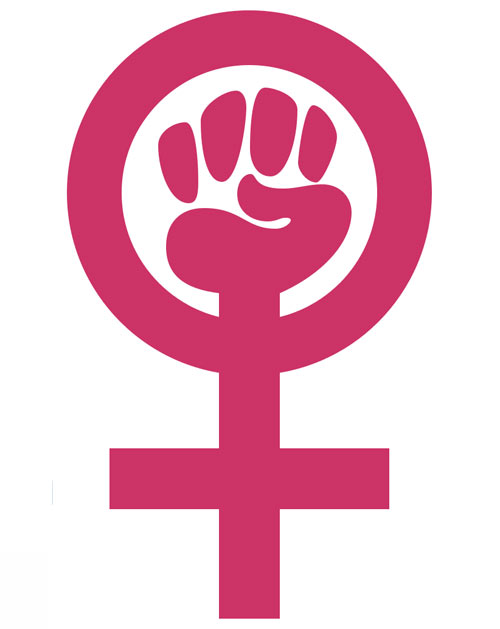Photographs: Concha Garcia Hernandez/Wikimedia Commons Courtesy LoveMatters.info
Chauvinistic? It certainly looks like it -- Indian men don't seem to want to come to terms with women's rights.
Indian men are the biggest 'machos', in everything from sex to housework.
Eighty-six percent of them think jobs like changing diapers are strictly for women. More worryingly, nearly a quarter confess to committing sexual violence, like forcing a partner to have sex. The findings come in a six-nation study by the International Centre for Research on Women.
Men need sex more than women do. They don't talk about sex, they just do it. And they're always ready to have sex. This was the take on sexuality of around six out of ten Indian men. It's a higher proportion of men agreeing with these views than in any of the other countries surveyed, except Rwanda.
Violence
The testosterone-heavy take on sex all too easily translates into sexual violence, the survey suggests. Twenty-four percent of the Indian men surveyed say they've been sexually violent at some point in their lives. And 20 percent say at some time they've forced their partner to have sex -- 14 percent in the last year.
By way of comparison, just one percent of men in Brazil say they've been sexually violent towards a partner, three percent in Mexico, and four percent in Rwanda, Croatia and Chile.
The Indian men's violence against women isn't just sexual, the survey found. Sixty-five percent say they think women sometimes deserve to be beaten. Sixty-eight percent say a woman should put up with a violent husband for the sake of the family.
© www.lovematters.info is a journalistic website about love, sex, relationships and everything in between.
Macho
Photographs: Eduardo Mendes/Wikimedia Commons
Latin America might be the home of 'machismo', but Indian men appear to do more justice to the word than their Latin counterparts. Nine out of ten say they would be prepared to fight for their reputation if they were insulted -- a higher proportion than in any of the other countries, including Mexico and Chile.
Almost nine out of ten think childcare jobs like changing diapers are strictly for women. And nine out of ten say they feel uncomfortable around homosexual men, and would be ashamed if their son were gay.
Bedroom pleasure
Photographs: rt69 on Flickr.com, Wikimedia Commons
The macho attitude is evident in the bedroom, and not just in terms of sexual violence. Nine out of ten think a man should feel embarrassed if he can't get an erection. And 47 percent say they would be "outraged" if their wife asked them to use a condom -- again a higher proportion than in the other five countries.
There's a clear link between bedroom pleasure and household chores, the study found. Men are more likely than women to say they are happy with their sex lives in nearly all the countries surveyed. But both the man and woman are more likely to be sexually satisfied if a couple has a more equal relationship, and the man also joins in with the housework. The more unequal the relationship, the bigger the gap between the man's and woman's level of sexual and relationship satisfaction.
Satisfaction
Photographs: Javer/Wikimedia Commons
But here India surprisingly bucks the trend. Despite the fact that men and women stick firmly to traditional roles, both Indian men and women report the highest levels of sexual satisfaction of all the six countries. Ninety-eight percent of Indian men say they're sexually satisfied in their relationship, and 97 percent of Indian women.
However, 'sexual satisfaction' is a hard thing to measure, the researchers point out. After all, going by the figures, some of these 'satisfied' women must have been forced to have sex by their partners in the last year alone.
Keeping up
Photographs: AnonMoos, toa267/Wikimedia Commons
Indian men seem to be the keenest to keep men and women's roles exactly the way they are. More than half feel that men lose out when women's rights are promoted. In the other countries, around 90 percent of men disagree with them.
India's mushrooming economy is bringing a flood of new opportunities for women, but the researchers conclude that men just aren't keeping up with the pace.






Comment
article